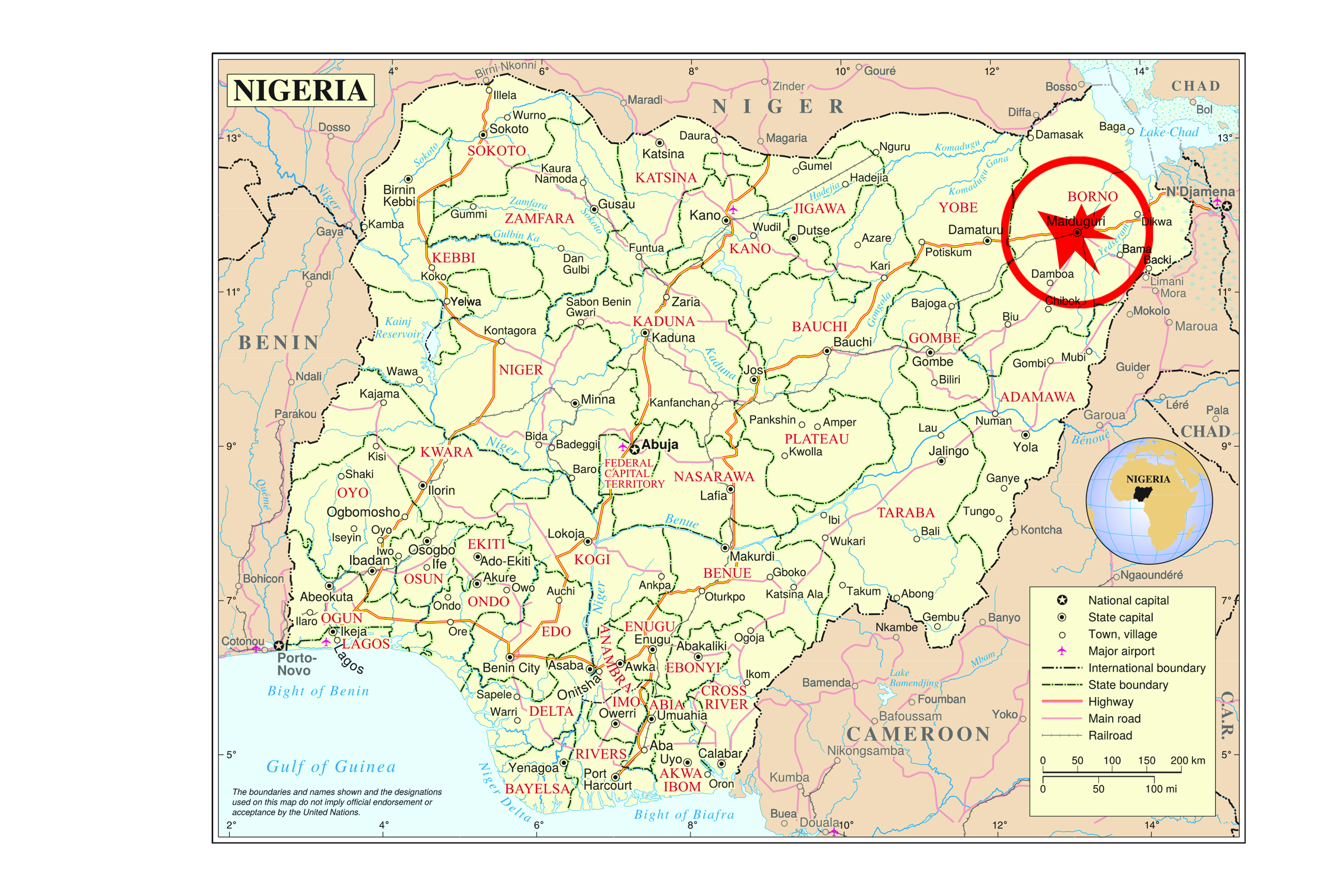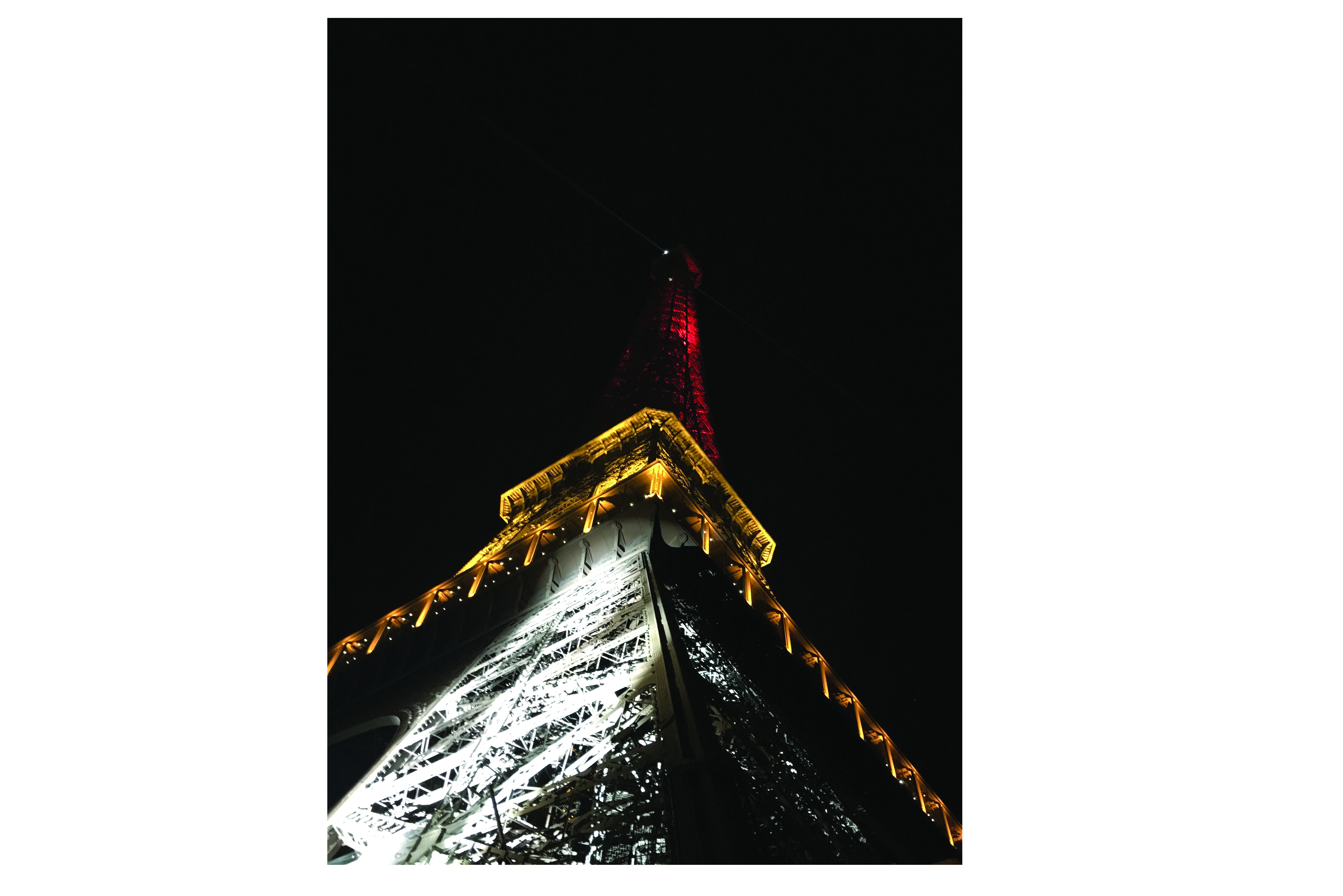Two female suicide bombers associated with the Nigerian Islamist group Boko Haram bombed a mosque on March 16, killing over 20 people and injuring more than 15.
The bombing took place in the town of Maiduguri—the birthplace of Boko Haram—in two waves: One suicide bomber entered the mosque and detonated her explosives, while the second bomber waited outside the mosque to bomb those attempting to flee.
The mosque in question had recently been reopened after a similar bombing occurred in October resulting in six deaths.
The militant group first drew worldwide attention after abducting over 200 schoolgirls in the Nigerian town of Chibok in 2014.
Boko Haram is proving to be resilient, although statements in September of last year by the Director of Information at the Defence Headquarters, Colonel Rabe Abubakar, said otherwise.
“These terrorists have been subdued…As I am speaking to you, all the terrorists’ camps have completely been wiped out….We are making a lot of headway, so people should know that Boko Haram is no longer strong enough to hold grounds.”
Similarly, Nigerian President Muhammadu Buhari has stated that Boko Haram is “techically defeated.”
However, a report conducted by the Global Terrorism Index in 2015 suggests otherwise: “Boko Haram and ISIL were jointly responsible for 51 percent of all claimed global fatalities in 2014.
Nigeria experienced the largest increase in terrorist activity with 7,512 deaths in 2014, an increase of over 300 percent since 2013.”
Additionally, 70 percent of the group’s victims have been private citizens, which has made Boko Haram the World’s Deadliest Terrorist Organization of 2014.
Boko Haram has been active in this part of Nigeria for years, and has been suspected of carrying out similar attacks in the region.
According to The New York Times, the Islamist group has increased the use of women and girls as suicide bombers.
Many rescued girls and women returning home have found it hard to reintegrate into their respective communities after being abducted by Boko Haram.
Rachel Harvey of UNICEF explains their reactions by stating, “There’s a fear about the returning girls and women, that they somehow may have been radicalized because they’ve spent such long periods under the control of Boko Haram…we were finding that communities and families were struggling to accept these children, women and girls back.”
Due to the Nigerian military’s efforts to eradicate the group, as well as support from neighboring countries and the U.S., Boko Haram has been forced out of major towns and villages, and pushed into the forest.
This push has weakened Boko Haram’s ability to seize large territories, subsequently shifting their military focus to targeting public spaces, such as markets and mosques.
Nevertheless, the strength and resilience of this group is still present, as seen by the attack in Maiduguri.
Consequently, the local bombings have struck fear in many Nigerians, resulting in thousands of people fleeing their homes and either living in camps running out of food and water, or with nearby friends, relatives or strangers.




